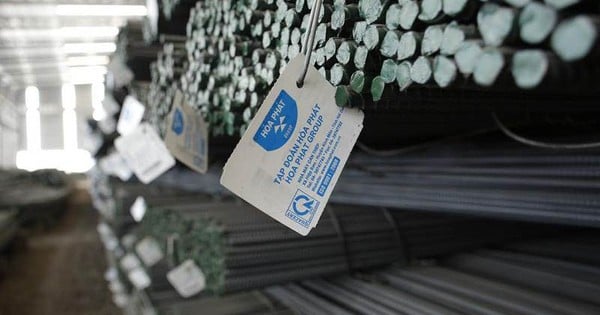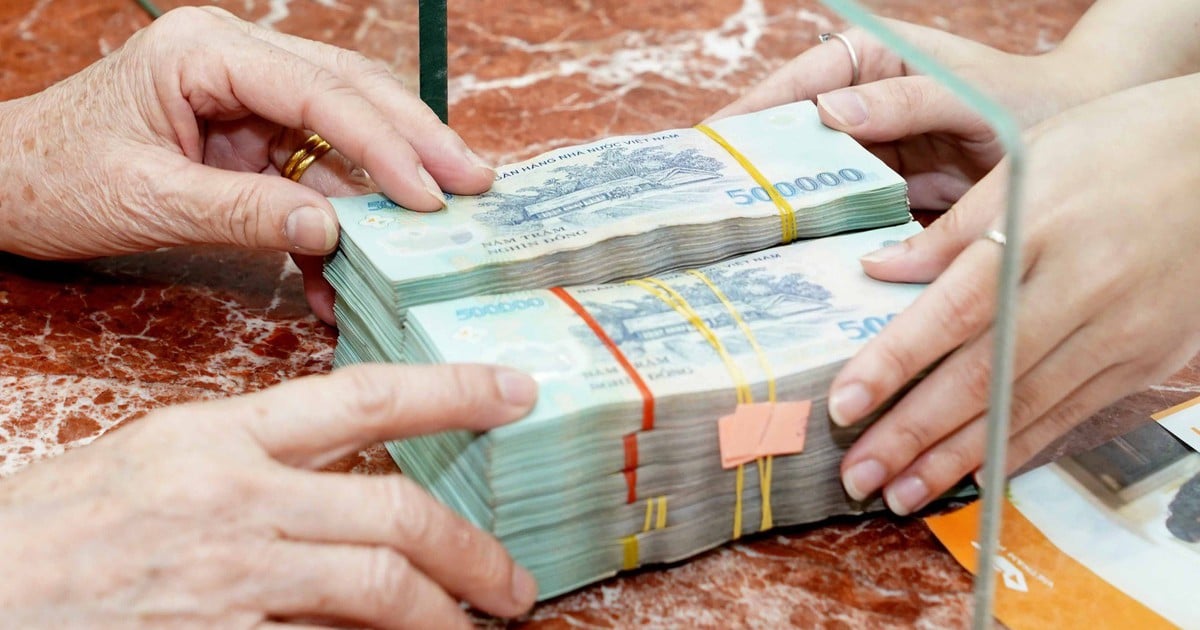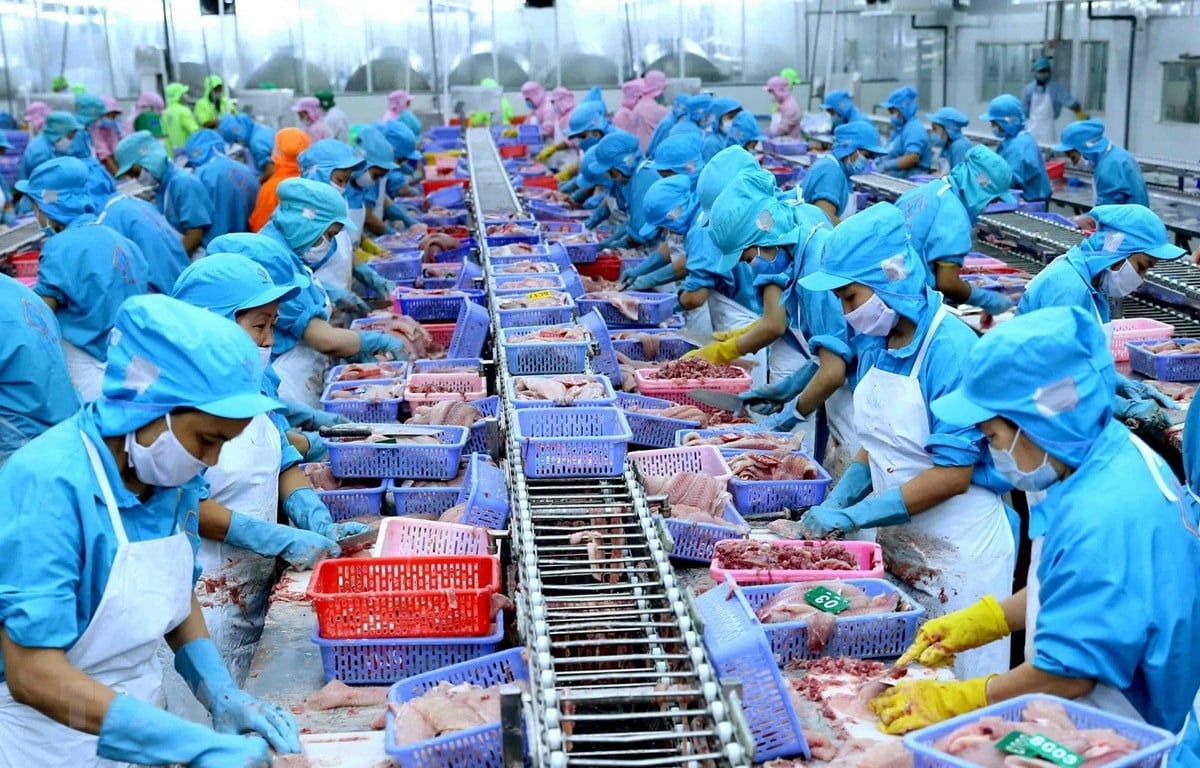The State Bank of Vietnam has just issued Circular 02/2023/TT-NHNN regulating the restructuring of debt repayment terms and maintaining debt groups by credit institutions and foreign bank branches to support customers facing difficulties in production and business activities and customers facing difficulties in repaying loans for living and consumption purposes. Accordingly, banks are allowed to restructure the debt repayment terms for principal and interest of loans or financial leases that arise from the effective date of the circular on April 24, 2023 to June 30, 2024. At the same time, for loans with extended debt, the State Bank of Vietnam also allows banks to maintain the debt group and debt classification for restructured debts.
 |
According to experts, the regulations in Circular 02 will directly remove difficulties for businesses, creating conditions for them to continue investing and doing business, creating jobs, contributing to increasing economic demand. According to Mr. Do Thanh Son, an analyst at FIDT Company, information about debt extension and maintaining the debt group is more positively received by the market than information about interest rate reduction from commercial banks. Because debt extension and maintaining the debt group will reduce debt repayment pressure for businesses and increase the ability to continue borrowing capital if there is a business plan and product output. For banks, Circular 02 also reduces bad debt pressure, thereby helping banks reduce the pressure to set up risk provisions, thereby giving banks more resources to support the economy.
In fact, bad debts of banks in recent times due to economic difficulties have negatively affected customers' ability to repay debts. Financial reports of many banks have just been released, recording that the bad debt ratio has increased. Many commercial banks have proactively increased provisions for arising risks. Some banks such as Vietcombank, BIDV, VietinBank, MB currently have a "buffer" of provisions at a level double or triple the scale of bad debts on the balance sheet. Therefore, the banks' resilience to risks is better, but the pressure to set up risk provisions is also weighing on the banks' business growth targets this year. According to Mr. Nguyen Minh Tuan, General Director of AFA Capital, at present, the policy of debt extension and maintaining the debt group that has just been issued by the State Bank is an effective tool and has a direct and immediate impact. “Borrowers will have an additional year to arrange debt repayment without having their debt group changed on the credit information system, so they can continue to access new loans. Meanwhile, banks only have to set aside 50% of the provision for restructured debts until the end of 2023. Thus, both banks and borrowers will have less pressure,” said Mr. Tuan.
Previously, the banking sector had a policy allowing credit institutions to extend debt and maintain the debt group to support businesses affected by the Covid-19 pandemic (according to Circulars 01/2020, Circular 03/2021 and Circular 14/2021). According to statistics, during this period, the entire system restructured the debt repayment period for about more than VND 722,300 billion for over 1 million customers, thereby helping businesses reduce the pressure on financial costs to restore production and business after the Covid-19 pandemic. According to statistics, by the end of February 2023, the outstanding debt restructured during the Covid-19 period in recent years was only about VND 84,380 billion. Many businesses have restored production and business, and have cash flow to repay bank loans and continue to borrow new debts. Meanwhile, credit institutions also have a considerable amount of time to extend provisioning costs and reduce the pressure of bad debt generation.
A report by Maybank Investment Bank released on April 25 stated that Vietnamese banks will not fall into a bad debt crisis like 10 years ago and will only need a maximum of 1.5 years to handle bad debt according to the "worst case scenario". Maybank believes that with the strong growth rate and the profit cycle of Vietnamese banks in the next 3-4 years, there will be no interruption. Current valuations (1.3 times P/B 2022 and 1.1 times P/B 2023) largely reflect the potential risks in the "worst case scenario" caused by the instability of the real estate industry. "Lessons from 2019 - 2022 show that buying and holding quality bank stocks (capable of delivering about 18-20% ROE) at low valuations will be very worthwhile", the research and analysis department of Maybank Investment Bank recommended.
Source



























































Comment (0)